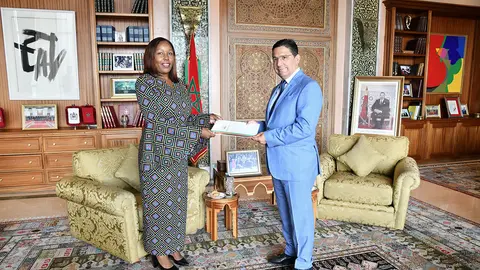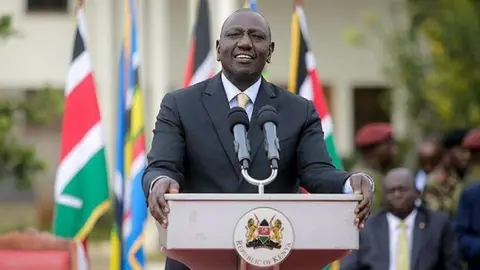Kenya supports the Autonomy Plan for the Sahara under Moroccan sovereignty
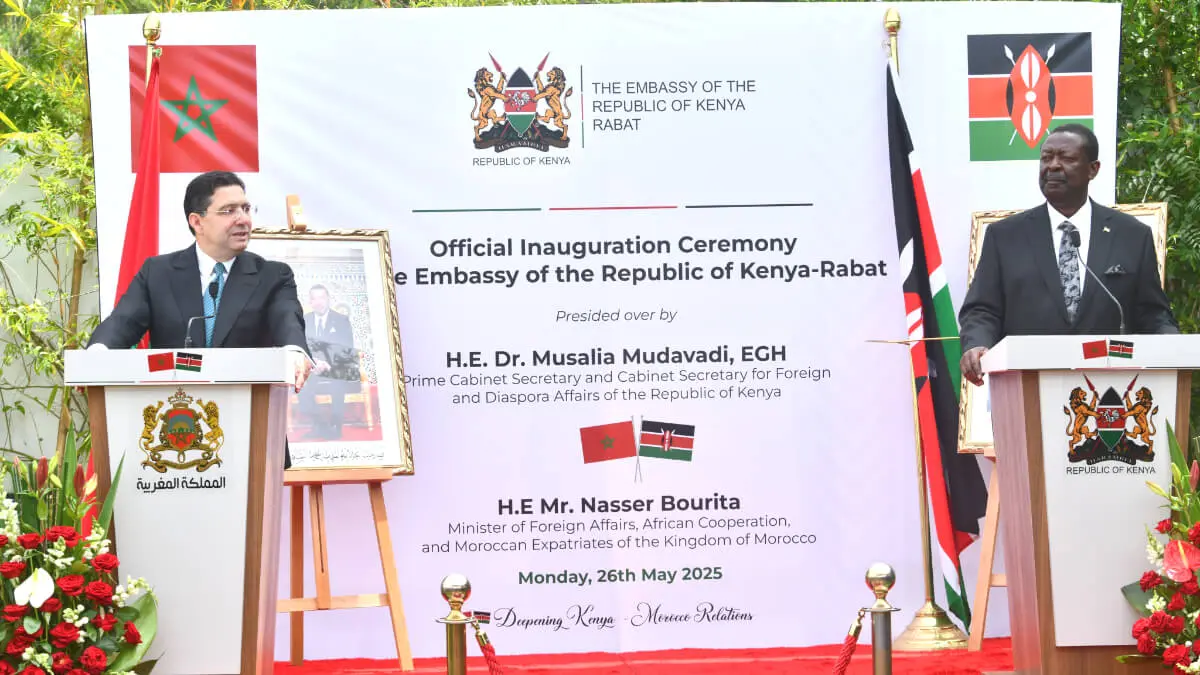
The Republic of Kenya considers that the Moroccan Autonomy Plan proposed by King Mohammed VI of Morocco in 2007 is the only sustainable approach to resolving the issue of Western Sahara.
In turn, the Prime Minister and Minister of Foreign Affairs of Kenya, Musalia Mudavadi, congratulated the North African country on its work to integrate the Atlantic coast countries through the Royal Atlantic Coast Initiative, promoted by Mohammed VI, which promises to boost the economies of the 14 countries that will benefit from it.
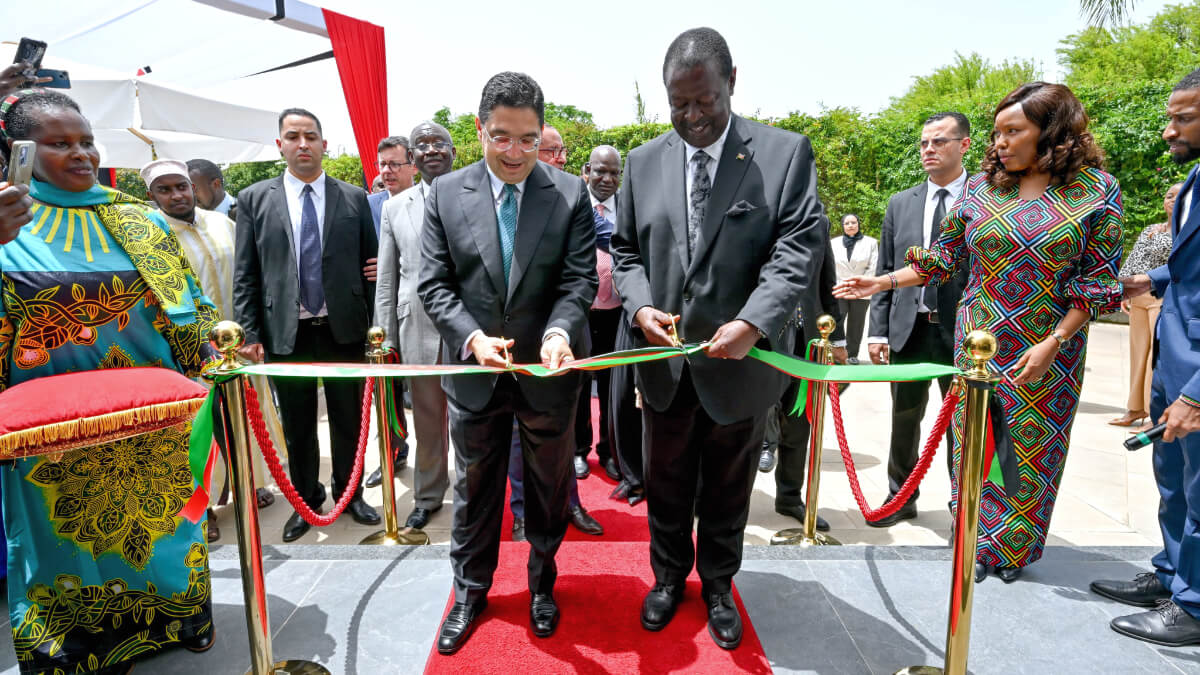
‘Kenya welcomes the growing international consensus and momentum driven by Mohammed VI in support of this Plan as the only credible and realistic solution to resolve the dispute over the Sahara,’ were the words with which the Republic of Kenya confirmed its support for Rabat in a joint statement with Morocco, on the occasion of the 60th anniversary of the establishment of relations between the two powers.
This statement followed a high-level meeting in Rabat between Moroccan Foreign Minister Nasser Bourita and Kenya's Prime Minister and Minister of Foreign Affairs, Musalia Mudavadi, who presided over the opening ceremony of Kenya's first embassy in Morocco. An event considered ‘a turning point in bilateral relations’.
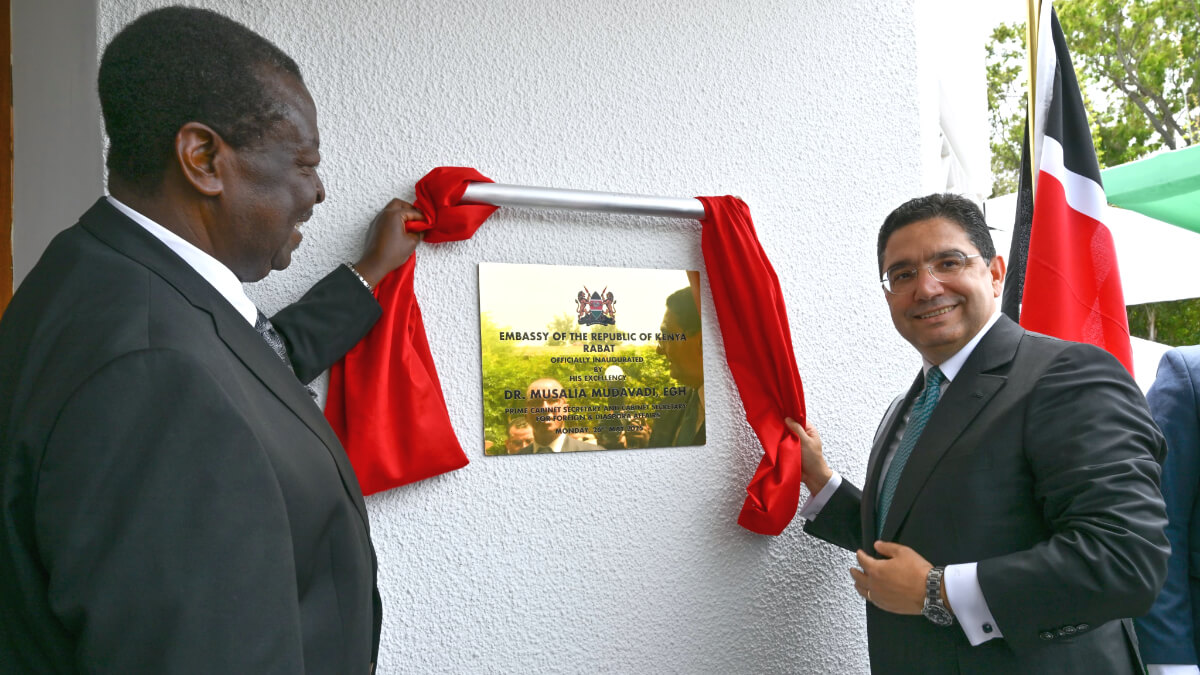
Nasser Bourita highlighted the importance of Kenya in recent years and its position as a gateway for major international and intra-African investment. The Moroccan Minister of Foreign Affairs also stated that Kenya will be ‘the Kingdom's gateway to East African countries’.
Prior to the meeting, Mudavadi met with Kenya's ambassador to Morocco, Jessica Gakinya, in search of new solutions to reduce the current trade imbalance by increasing Kenya's exports of tea and coffee to Morocco.
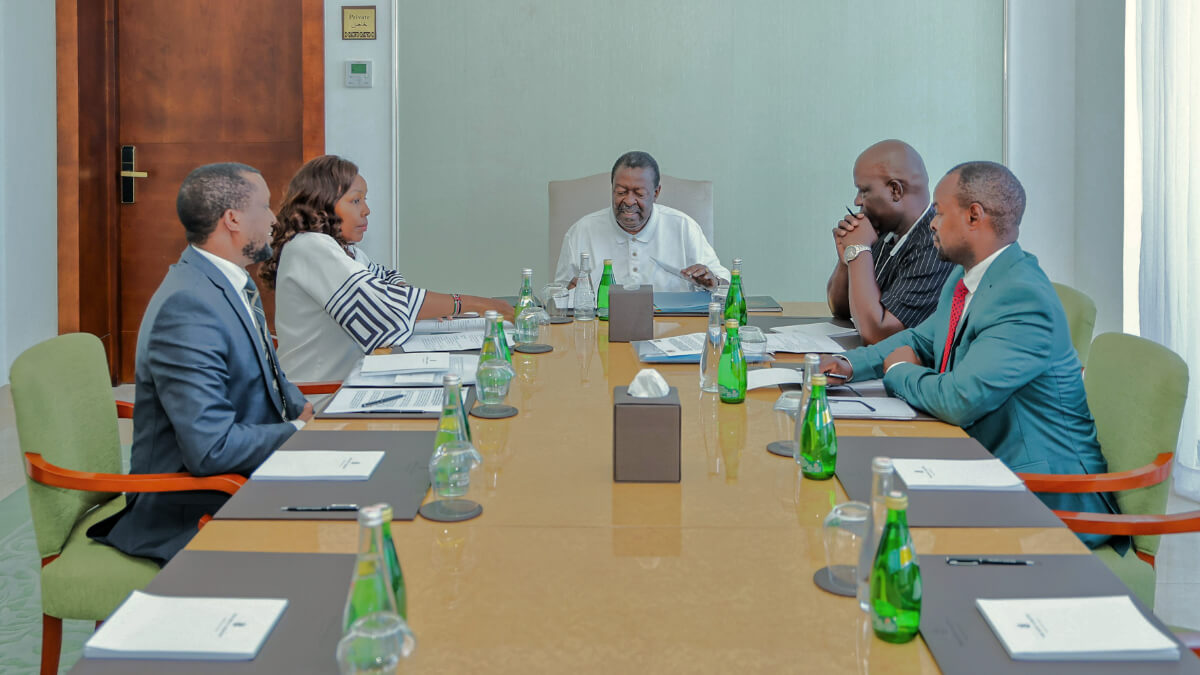
In addition, new contracts were agreed to increase operational capacity in housing, public service development and the enrichment of a legal framework that benefits companies in the sector in both countries. To this end, Bourita presented the New Investment Charter to his counterpart as a symbol of Morocco's recent trade success. The aim is to expand the jurisdictional frameworks for the protection of bilateral investments.
As a first step, Morocco and Kenya announced the inclusion of citizens among the beneficiaries of the electronic visa in order to ‘bring the populations of both countries closer together’. Similarly, the minister praised Kenya's major role on the African continent in climate and environmental matters, positioning Nairobi as the ‘multilateral capital of the African continent’.
Finally, it was agreed to strengthen academic cooperation among young people through the signing of documents between the Moroccan Institute for Training, Research and Diplomatic Studies and the Kenya Foreign Service Academy.
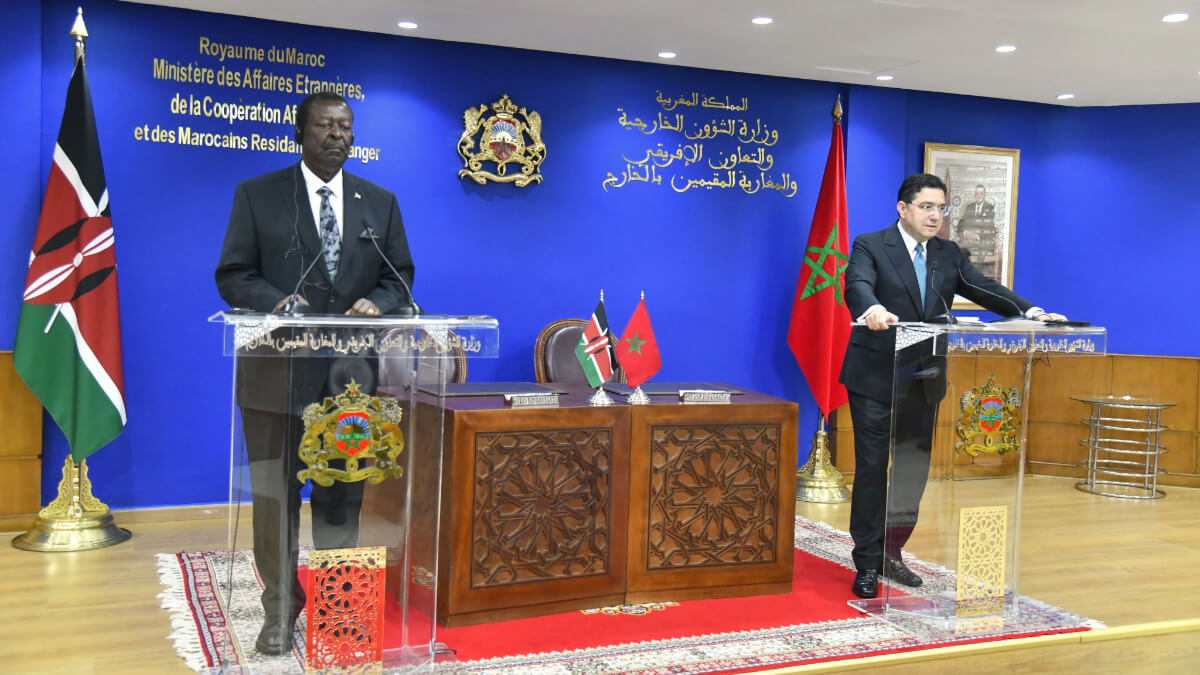
In recent years, economic agreements between the two nations have increased, as Kenya is one of the continent's major agricultural producers and relies heavily on Moroccan fertilisers to maintain its national structure.
Morocco, for its part, expressed its gratitude to Kenya for recognising its constant collaboration with the UN Secretary-General and his Personal Envoy to advance the political process, based on the relevant Security Council resolutions.
This statement represents a key moment in the Moroccan Sahara issue and strengthens Morocco's position internationally. Kenya's statement provides significant support to the growing group of countries that support the autonomy plan as the most viable option for the region.

